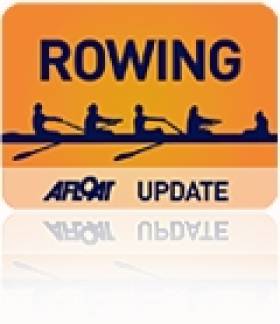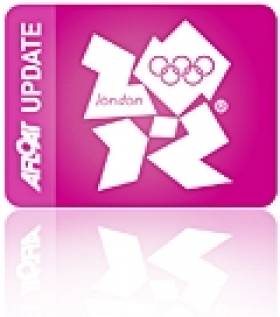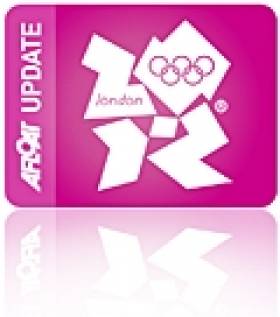Displaying items by tag: Beijing
New Rowing Course to be Built by Fermanagh and Hungarian Firms
#RowingCourse: Deane Public Works from Fermanagh will be awarded the main construction contract for the new rowing course at Lough Rynn in County Leitrim. The specialist work of design, supply and installation of the lanes will sub-contracted to Polaritas, a company from Budapest in Hungary. According to Leitrim County Council, the company have worked on the rowing courses for the 2008 and 2012 Olympic Games and will work on the installation of the rowing course for the Olympic Games in Rio de Janeiro in 2016.
The design/build contract for Lough Rynn involves the design, supply and installation of an eight-lane Albano Rowing Course to meet FISA (Fédération Internationale des Sociétés d’Aviron) Standards. The course will also be adjustable to meet canoe sprint competition rules of the International Canoe Federation.
The course may be finished by the end of this year.
O'Leary Let Off With Warning Over Beijing Bet
#OLYMPICS - Irish Olympic sailor and current All-Ireland sailing champion Peter O'Leary has been let off with a warning by officials after betting on a competitor to win at the 2008 Games in Beijing.
O'Leary and his then partner Stephen Milne did not qualify for the Star class medal race in Beijing, in which O'Leary won €3,600 after placing a €300 bet on 12-1 Britain.
The story came to light days before O'Leary and current teammate David Burrows began their Star class campaign at this summer's London Olympics, prompting an investigation by the International Olympic Committee (IOC).
But IOC chiefs announced yesterday that they had found "no proof of any match-fixing".
While Olympic athletes are banned from betting on Olympic events, the IOC's ethics commission agreed that O'Leary was not fully aware of the rules at the time.
"The athlete was unaware he could not bet on Olympic events," said IOC spokesperson Mark Adams. "It is not something we agree with and we condemn it but we will not take any more action."
O'Leary and Burrows finished 10th in the Star class at the London Games in what was a milestone summer for Irish sailing on world sport's biggest stage.
Sailing Determined to 'Stand on Podium' in 2012
Irish sailing bosses are determined to "stand on the podium" at the 2012 Olympic Games.
That was the message from last week's briefing by Ireland's four Olympic 'water sports' of canoeing, rowing, swimming and sailing, covered in The Irish Times.
For next summer the Irish Sailing Association has narrowed its focus on three boat classes - the Star Class, 49er and Laser Radial.
But the competition will be tough, with more than 40 countries vying for a handful of remaining Olympic spots at the Perth Sailing World Championships in December.
Other sports are more modest in their aspirations, with rowing rebuilding from the ground up with younger athletes, and Swim Ireland pushing forward with a streamlined team and plans to have six swimmers compete in London next summer.
In canoeing, Eoin Rheinisch - who placed fourth in the canoe slalom in Beijing - was on hand to discuss his qualification hopes, with two chances to clinch a spot between now and the games.
The Irish Times has more on the story HERE.
































































